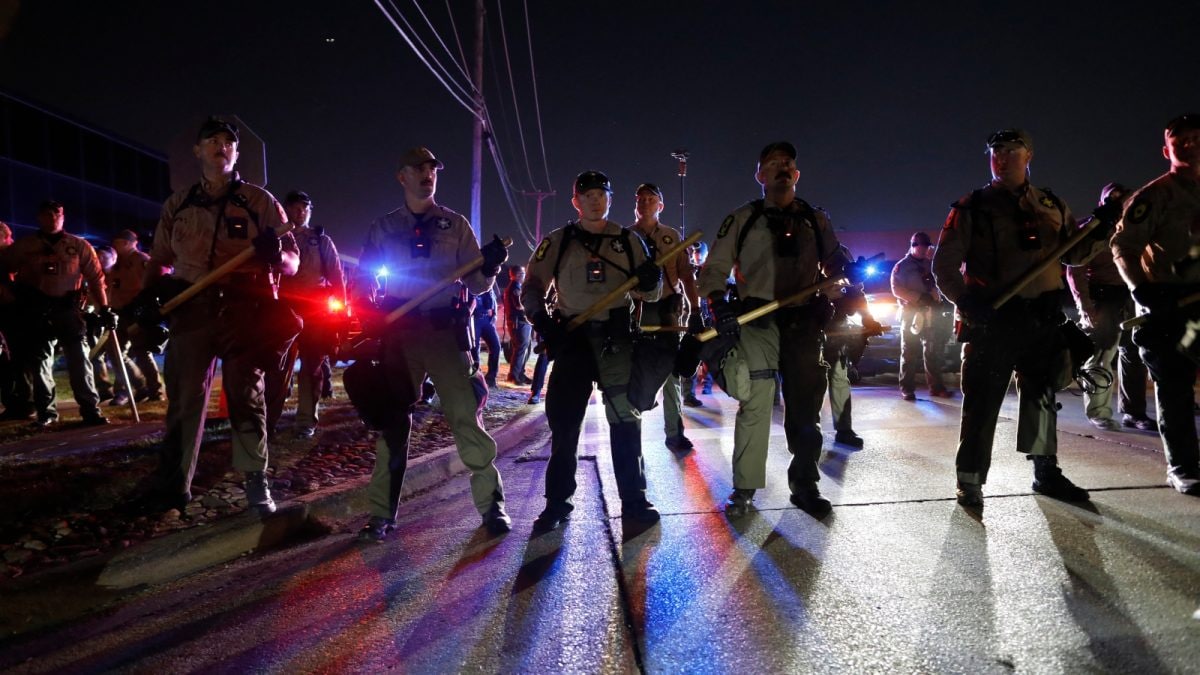Nearly 1 in 5 voters overall said they or someone close to them would not back a woman candidate for the White House, according to a report, citing a new poll
While most Americans say they support electing more women to public office, a significant share still hesitate when it comes to choosing a woman for the presidency — especially younger voters.
According to a new national survey conducted by American University and first reported by Politico, voters under 50 are the least likely to support a female president.
Nearly 1 in 5 voters overall said they or someone close to them would not back a woman candidate for the White House. That figure rises among younger voters, with 25% of women under 50 and 20% of men under 50 saying they wouldn’t vote for a qualified female presidential candidate. In contrast, just 13% of voters over 50 said the same.
Despite these obstacles, most voters believe the government is more effective with women in office and continue to support increasing their representation.
The poll, which surveyed 801 registered voters last month on behalf of the university’s Women and Politics Institute, offers a mixed picture of progress.
A majority of respondents support electing more women to office and believe women in government make it more effective. Voters also tend to trust women more than men on issues like abortion rights, childcare, and gender equality.
But persistent biases remain. Female candidates continue to face skepticism on national security and foreign policy. Many voters hold them to a double standard, expecting women seeking the presidency to be both “tough” and “likable” — a combination not equally demanded of male candidates.
“This survey reveals a powerful paradox,” Politico quoted Viva de Vicq, the survey’s lead pollster, as saying.
“Voters trust women on the issues that matter most and want to see more women in office. Yet when asked about the presidency, bias and narrow expectations resurface,” Vicq added.
The survey comes nearly a year after Kamala Harris’s presidential defeat, reigniting debate over the electability of women in a country that has only ever elected men to the White House.
Voters are split on how Harris’s campaign influenced the prospects of future female candidates.
Over 40% of independent voters said her run made it harder for other women to succeed — a sentiment echoed in Democratic circles after Harris lost to Donald Trump by a wider margin than Hillary Clinton did eight years earlier, reported Politico.
Looking back at the 2024 election, the poll found that only about a third of voters listened to so-called “bro culture” podcasts. Among those listeners, four in five believed those shows had an impact on the election. Half of respondents said former President Joe Biden damaged the Democratic Party’s standing, added the report.
When it comes to policy, voters said they trust women more than men to lead on issues like gender equality, abortion rights, and childcare. However, men are still seen as more capable of handling global conflicts.
The top barrier to women running for office, according to the poll, is the entrenched “old boys club” culture in politics, followed closely by negative media coverage.
As for the outlook in 2025, women — especially those under 50 — are feeling increasingly pessimistic about the economy. Younger women reported a 15-point rise in negative views compared to the previous year.
With inputs from agencies
End of Article

)

